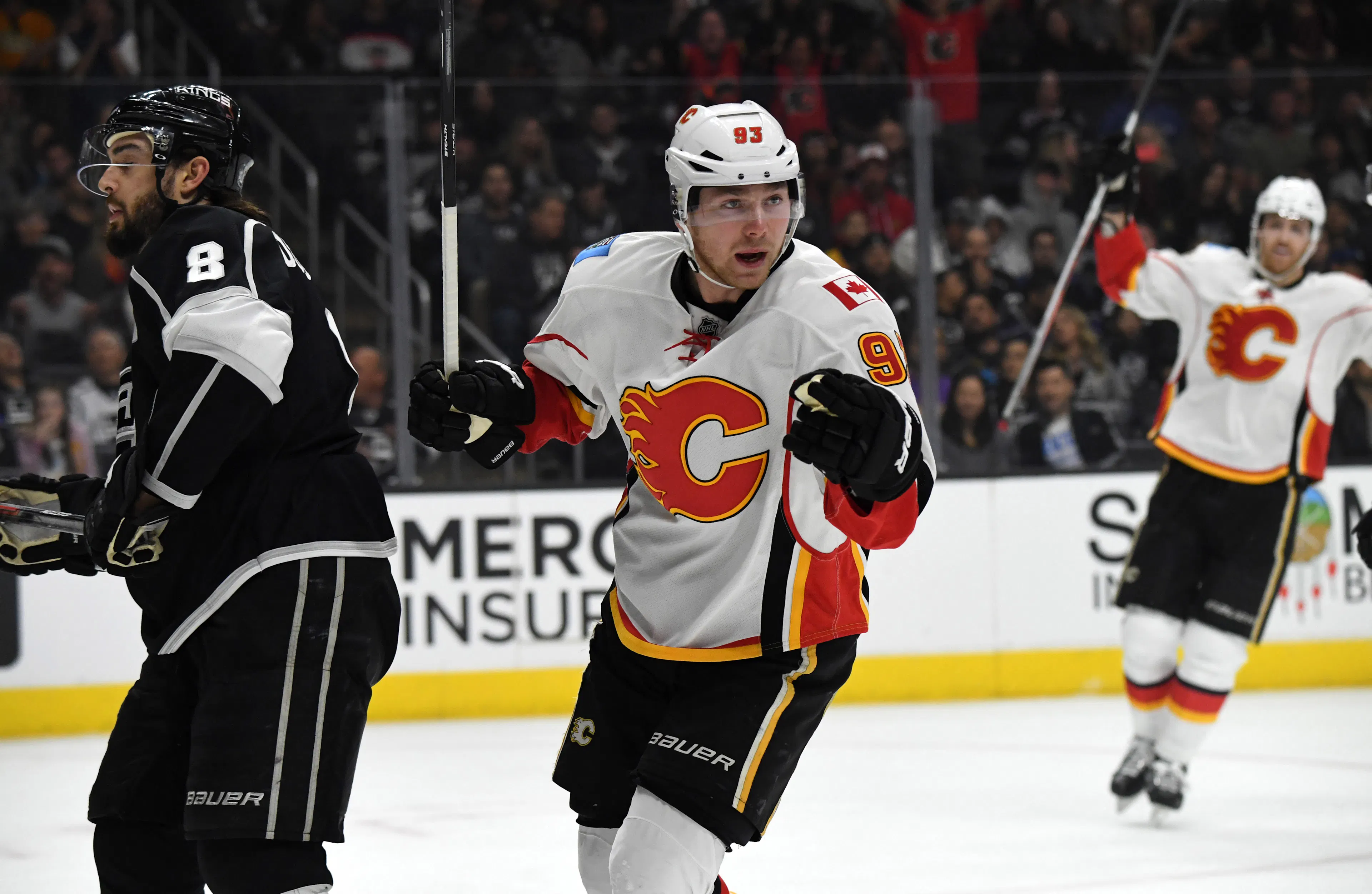The Flames barely touched their LTIR cap room

By Ryan Pike
7 years agoThe Calgary Flames were snug up against the National Hockey League’s salary cap for much of this season. Because of some wrangling with the long-term injured reserve, the Flames bought themselves a bit of breathing room. Ultimately, though, they barely utilized the space they gave themselves with all of their wranglings.
The cap for 2016-17 was set at $73 million. Because the Flames opted to place injured defenseman Ladislav Smid on the long-term injured reserve (LTIR) early in the season, the team was able to spend over the salary cap by the full value of Smid’s contract minus the cap space they had at the time he went on LTIR. The early-season signing of Nicklas Grossmann (to a league-minimum $575,000 deal) allowed the Flames to use almost all of Smid’s $3.5 million cap hit as a cap exemption – less the $8,266 cap space they had because of Grossmann’s signing.
As a result of all of Treliving’s wheeling and dealing, the Flames were allowed to spend to a maximum of roughly $76.49 million this year – including entry-level performance bonuses. However, after spending $73.886 million on base salaries (and cap penalties and buyouts) and bonuses to two rookies, the Flames only spent up to an estimated $74.534 million. That left them almost a full $2 million of cap breathing room to spare.
For the curious, here are the bonuses we’re reasonably sure the Flames are paying out:
- $212,500 to Matthew Tkachuk for earning 35 assists
- $212,500 to Tkachuk for finishing top three among Flames forwards in plus/minus
- $212,500 to Sam Bennett for finishing top six among Flames forwards in average ice time
(It’s possible, albeit unlikely, that Tkachuk will make the All-Rookie Team. If he does, it’s another $212,500.)
Other players with potential entry-level bonuses that played in the NHL (but who didn’t hit the performance levels specifically proscribed in the CBA) include Curtis Lazar, Rasmus Andersson, Brett Kulak, Garnet Hathaway, Hunter Shinkaruk and Mark Jankowski. It’s possible that some of these players had NHL games played bonuses included in their contracts, but they would likely be a lot smaller than the bigger bonuses paid out to Tkachuk and Bennett.
Long story short: the Flames gave themselves a lot of flexibility that they didn’t end up needing. The good news is they won’t have any bonuses eating into next season’s cap space.
Recent articles from Ryan Pike





